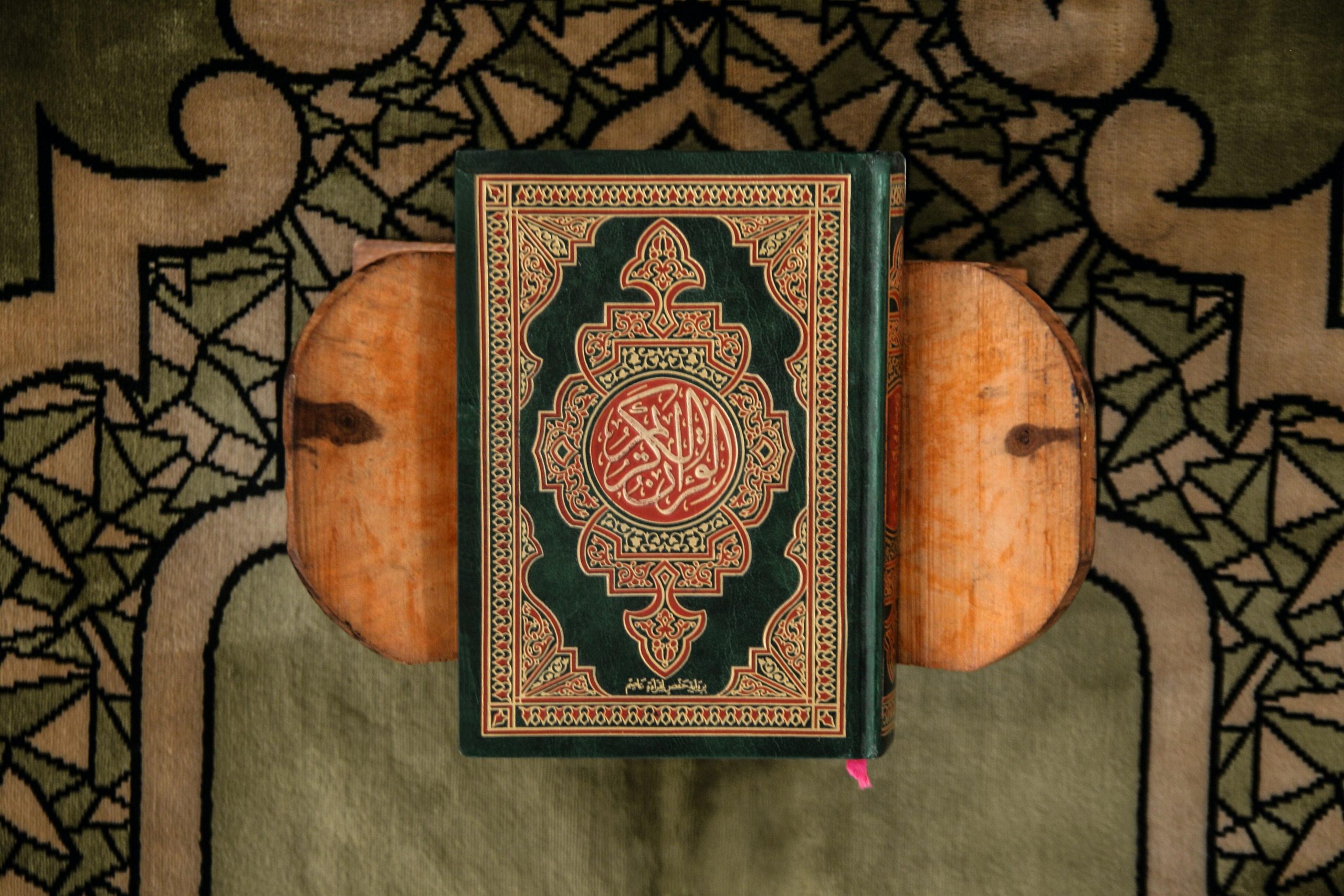Many foods mentioned in the Quran have proven to be beneficial with time, even inspiring scientific research. Here are some that will be helpful for your health during Ramadan.
The Quran has long shaped the lives of Muslims with all of the valuable lessons it carries for mankind. In fact, the holy book places great emphasis on one’s physical and mental health as one of the key aspects of daily life.
When reading the Quran, one would come across the mention of several medicinal foods from fruits to vegetables in numerous verses by God.
From figs to honey, these foods provide knowledge of the right natural ingredients to add to the daily diet, perhaps triggering scientific research into their nutritional values.
Some foods, like honey, even carry stories of God’s miracles on earth. Without further ado, here are five of the foods mentioned in the Quran:
Figs
Figs are one of the most important fruits in the Quran, with a surah named after it (Surah At-Tin). In the first line of the surah, God swears by figs and olives, drawing readers’ attention to their importance.
“By the fig and the olive, And [by] Mount Sinai, And [by] this secure city [Makkah], We have certainly created man in the best of stature.” (Quran, 95:1-4)
Figs were also mentioned in a hadith, or quote, by Prophet Muhammad, where he described it as a fruit that has been sent down from heaven.
Hazrat Abu Darda narrated that someone presented the Prophet with a plate of figs and he said, “Eat figs! If I would say a certain type of fruit was sent down to us from the heavens I would say it’s a fig because it has no seeds. It cures the piles and is useful for rheumatism.”
Figs are made up of inverted flowers that bloom from the inside out and often grow in hot climates. Not only do figs’ sweet taste serve as a healthy alternative to processed candies, it has immense health benefits.
Figs can reduce one’s blood pressure as they are high in potassium and fibre, which also improves digestion.
The heavenly fruit also contains prebiotics that improve gut health while being a great source of vitamins A and C as well as Calcium.
Due to its many benefits, figs can be consumed fresh or as dried fruits, providing a great energy source.
Olives
Like figs, God also swore by olives in the Quran and mentioned it immediately after the fruit in the same verse. Olives and olive oil are mentioned in the Quran at least seven times.
The olive tree has also been described as a blessed plant in Islam by Prophet Muhammad and scholars.
Prophet Muhammad once said: “Eat olive oil and use it on your hair and skin, for it comes from a blessed tree.” (Al-Tirmidhi, 1775).
Olives carry numerous health benefits and their oil has long been described as an important nutritional ingredient in any dish.
Olives contain vitamin E, providing benefits to the skin and immune system, according to Web MD.
Other benefits include reducing the risk of heart disease, cancer, diabetes, and cognitive diseases like Alzheimer’s.
Olives can also reduce chronic inflammation as they carry antioxidants hydroxytyrosol and oleanolic acid.
Olive oil and olives are also staples in Mediterranean cuisine, which a 2023 study found can reduce the risk of all-cause and cancer-related mortality.
Dates
Dates are a food staple in every Muslim household as generations grew up with a box of dates sitting in the kitchen, especially when breaking the fast during Ramadan.
While the Quran has at least 27 references to date palms, the verse that probably stands out for most Muslims is in Surah Maryam.
In the surah, Maryam Bint Imran, the best of women in Islam and mother of Prophet Isa, leaned against a palm tree while she was in labour pains and needed an energy source.
God then instructed her to shake the tree, after which she managed to get fresh dates that provided her with energy.
The miracle mentioned in the Quran inspired modern-day research that found a clear correlation between consuming dates and improving the delivery process for women.
Numerous studies found that increasing the intake of dates during the last stages of pregnancy can shorten the first stage of labour.
The sweet fruit contains copper, magnesium, manganese, potassium, and vitamin B6 while being high in fibre.
Dates can improve gut health, prevent diabetes and chronic diseases like cancer, boost brain health, and improve the skin.
Honey
Honey is mentioned in the Quran and numerous quotes by Prophet Muhammad. An entire surah in the holy book is even dedicated to Bees, known as Surah Al Nahl.
In one verse, God describes honey as a “healer for mankind” after ordering the bees to produce it, making it one of the Creator’s many miracles on earth.
Honey contains anti-inflammatory, antioxidant and antibacterial properties and is used to treat coughs and for wound healing. It also helps treat neurological diseases, with studies pointing to its antidepressant properties while preventing memory disorders.
Honey is rich in antioxidants and can even help regulate blood sugar levels when it is consumed in moderation.
Grapes
Grapes are mentioned at least 11 times in the Quran and it is listed alongside olives and date palms in a verse in Surah Nahl.
“With it, He causes to grow for you the crops, the olives, the date-palms, the grapes, and every kind of fruit….” (Surah Nahl: 11)
Like the other foods mentioned in the Quran, grapes have their own set of health benefits. The fruit is rich in nutrients such as vitamin K, which helps prevent blood clotting while aiding in heart health when consumed in moderation.
Grapes are also high in antioxidants and may have benefits for eye health as they contain compounds like resveratrol and zeaxanthin.







